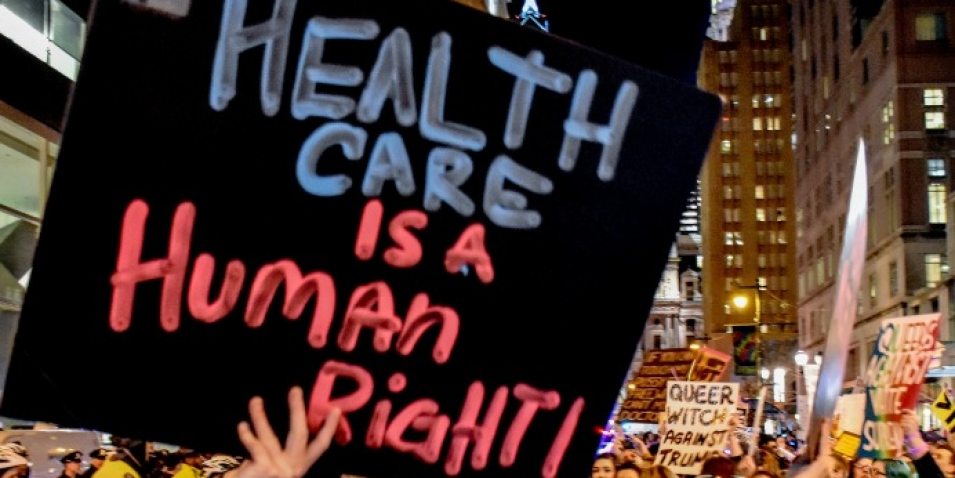As I was explaining the lab results to the patient, I expressed my concern about his failing kidneys and the fact that he may soon need dialysis. I laid out next steps while he remained strangely silent. And then I glanced at his chart at the insurance information fields and was horrified to see: “self pay”. What started out as a terrible diagnosis soon took on the vestiges of a true nightmare. People hotly debate whether healthcare is a human right but should it be?
When I recall this patient’s face, my answer is clearly yes! All human beings should have access to medical care. Yet, in the US, disparities are now so ingrained into the system that you only receive a certain level of medical care if you have the “right” insurance. If you don’t, you are left with lesser quality and fractionated care. The more money you have, the chances are you have better insurance and thus entitled to better medical care. If you are poor and are poor enough to be on Medicaid, you are excluded from many services. Many specialists will not take this insurance so you have little choice in doctors. Many medications are not available to you, even after the prior-authorization battle is over. If you are not quite poor enough to be on Medicaid but don’t have enough money to purchase an insurance plan, you will have to pay out-of-pocket for all your medical services. Anyone can tell you how unaffordable medical care is and this can literally be a death sentence to many. In the US, the largest reason that people declare bankruptcy is due to medical costs, the only country in the world that this is true.
What happens when people do not have access to medical care?
- They are diagnosed later in diseases that may have been easily treated if uncovered sooner.
- They end up having a medical emergency where they land in the ER, driving up healthcare costs. Often, these visits could have been avoided if the patient was receiving appropriate medical care.
- They self-medicate using OTC medications, other peoples’ medication, or with alcohol or drugs. These can lead to adverse effects causing much more harm than good.
- They suffer. They know there is treatment available, just not for them. How terrifying do you think it is suffering from a disease and knowing the treatment is there but out-of-reach?
- They die.
When I treat patients, I look at their disease and possible treatments available to them. I do not separate them into classes of who deserves certain medical services based on their ability to pay. My mind just does not think that way and the day it does is the day I can no longer practice medicine. Every patient that walks into my office deserves the same level of care. And if you expand it to the larger population, the same holds true. When we deny certain people medical care, we have lost our humanity. Who is to judge the patients that are more deserving than others?
Is healthcare a human right? I believe that it is and every human deserves the best medical care possible. The question is, who is going to pay for it?
 Copyright secured by Digiprove © 2018 Linda Girgis, MD, FAAFP
Copyright secured by Digiprove © 2018 Linda Girgis, MD, FAAFP


